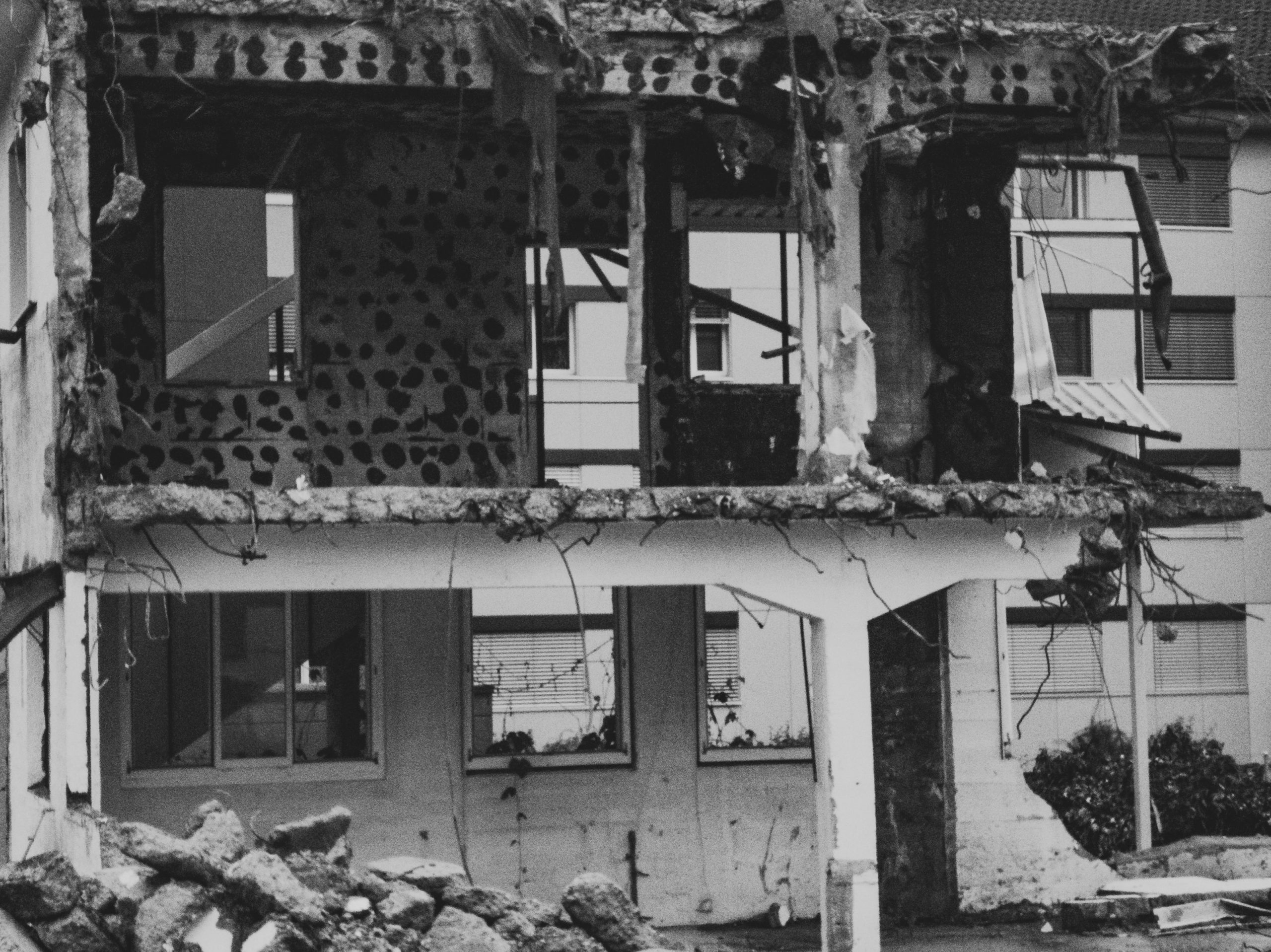Something you may be worried about before moving to Japan is earthquakes. Japan lies on several fault lines and is one of the most earthquake prone countries in the world. Therefore it is best to be prepared for “the big one”. Here is a list of essentials that you should have prepared, as well as other optional things that might come in handy. You can also order premade kits online, but it is much cheaper to prepare them yourself.
The Essentials:
- Three days’ worth of food, snacks and water – You should buy the “long lasting” water from the supermarket along with canned goods, dried goods like dried fruit and nuts, protein bars, etc. If you have small kids or babies, make sure to have food suitable for them too.
- A can opener (if you are stockpiling any cans)
- A swiss army knife – You never know when you may need this, it’s best to have just in case.
- A torch (hand powered is best)
- Batteries
- Emergency blankets (1 per person)
- Necessary medications
- Cash – ATMs may not be in service or may have enormous lines. 10 and 100 yen coins will work in pay phones.
- For babies and toddlers – diapers, wipes, diaper disposal bags
- Baby wipes/wet tissues might come in handy even if you don’t have kids
- Photocopies of passports, health insurance documents and zairyu cards
- Whistle in case you need to attract attention
- Extra mobile phone battery
- Candles and matches and a lighter
- Feminine hygiene products
- Plastic bags to use for rubbish
- Rope and duct tape – Again, you never know when this will come in handy
Optional:
- Other medications such as pain killer, fever medicine (including for children)
- Bandages, bandaids and antiseptic cream
- Dry shampoo
- Rain ponchos (1 per person)
- Protective gloves – You can get them at the 100 yen store. These are in case you need to protect your hands while lifting something, or glass has shattered, and so on.
- Handheld radio – The internet may not be working
- Portable stove and gas canisters (can store these at home even if you don’t pack them)
- Head lamp
- Hand sanitizer
- Toothbrushes/paste
- Vitamins
- Underwear and socks
- Change of clothes
- Pocket warmers/”Kairo”, these will keep you warm in Winter
- Sun screen and bug spray for summer
- Spare pair of glasses
Make sure to store your kit somewhere accessible where you can grab it in a hurry. If a big earthquake hits, make sure you open a door in your house so that you don’t get trapped inside. If you can, fill the bathtub with water. If necessary, evacuate to the nearest evacuation point (often schools or parks).
If you are worried, WaNavi offers an earthquake preparation class in English.


Comments are closed